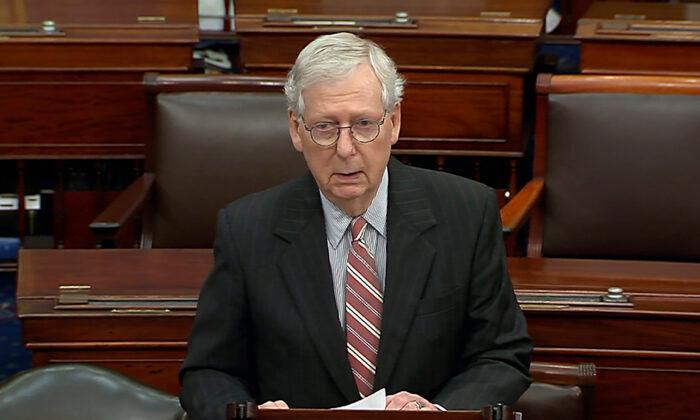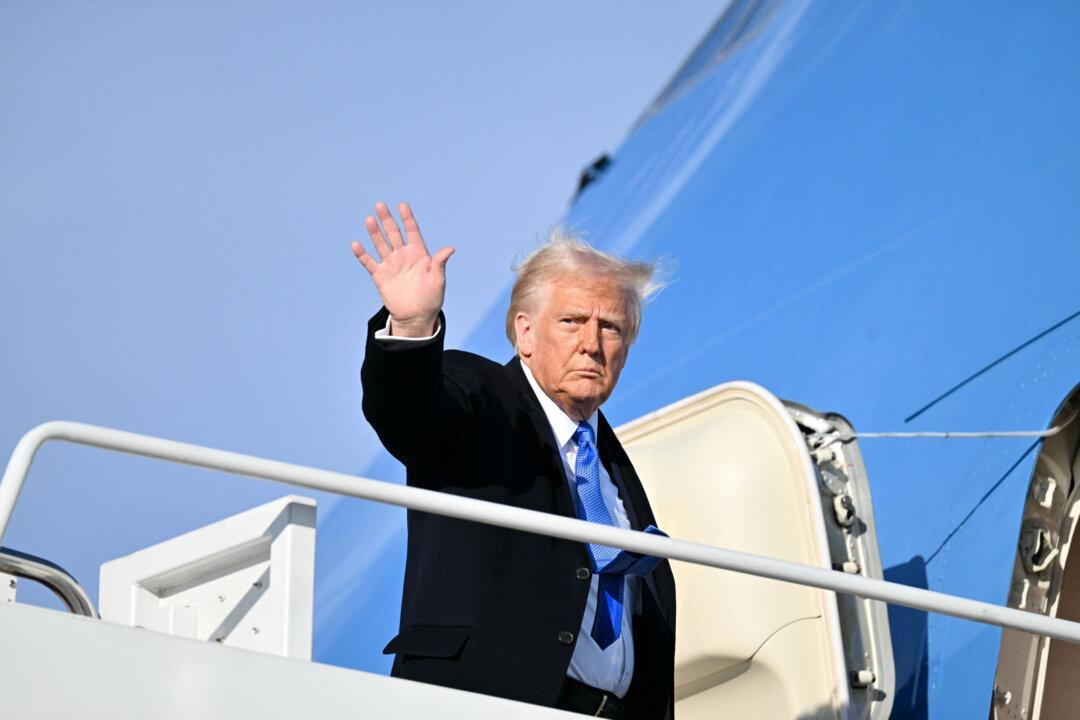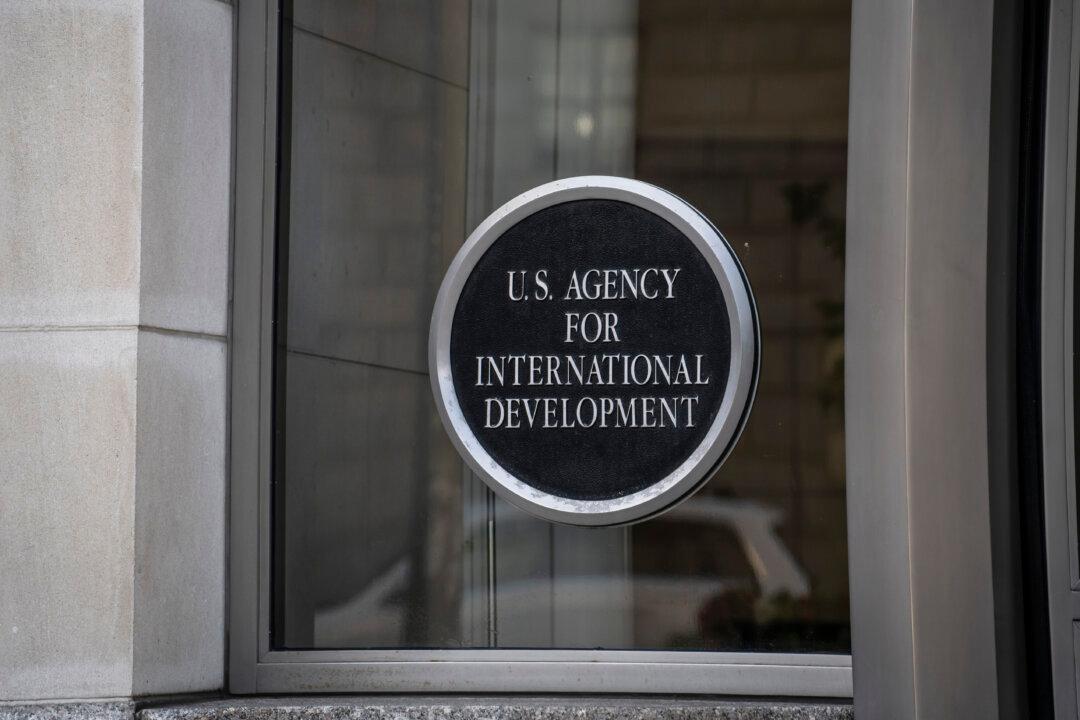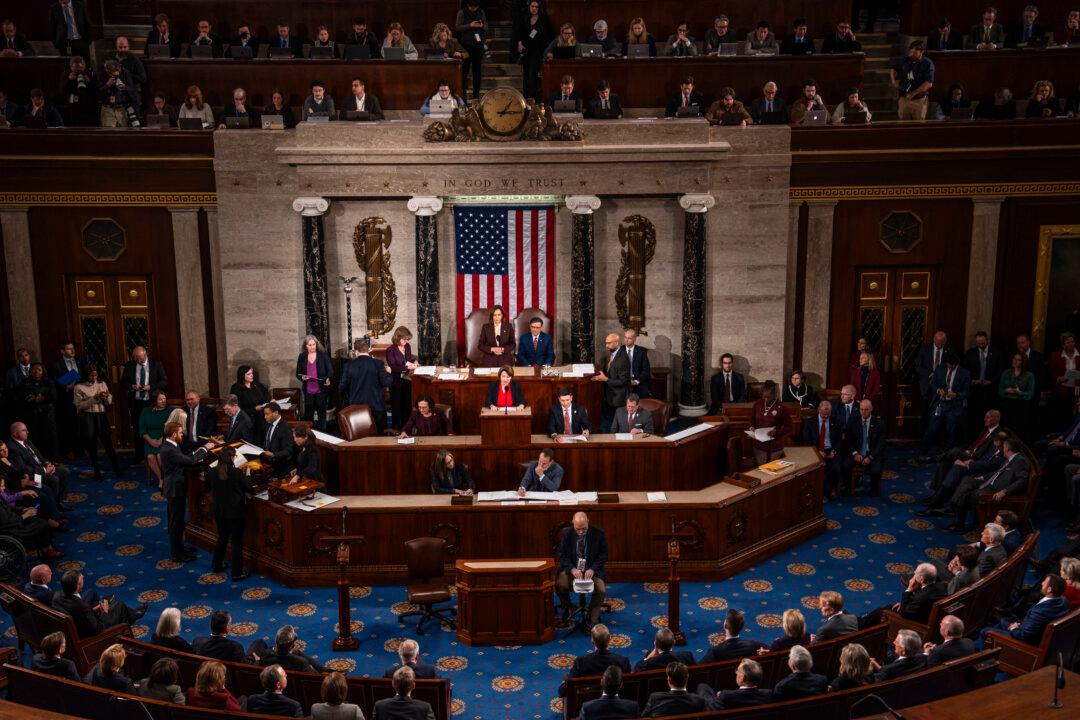Senate Minority Leader Mitch McConnell (R-Ky.) said on July 7 that Republicans will block the passage of a bill to increase U.S. competitiveness with China if Democrats do not drop efforts to revive the Build Back Better (BBB) social spending package.
In December 2021, Sen. Joe Manchin (D-W. Va.) effectively killed the $1.75 trillion BBB package when he said he would not vote for it over continuing concerns about inflation. Since then, some Democrats have worked behind the scenes to revive the package.
These efforts have picked up steam recently, winning the support of Senate Majority Leader Chuck Schumer (D-N.Y.) who has worked to negotiate a smaller package focused mostly on climate policy with Manchin.
Reportedly, the newest iteration of BBB would spend around $500 billion on climate programs, would bolster some aspects of Obamacare, and would offset new expenditures by undoing many of the tax cuts in President Donald Trump’s 2017 Tax Cuts and Jobs Act.
To pass the bill, which would almost certainly have no GOP support, Democrats would need to use the reconciliation process. Under reconciliation rules, only 51 votes are needed in the upper chamber, allowing the majority to overshoot the 60-vote filibuster threshold that must be overcome for most other types of legislation.
Now, McConnell has re-upped demands that Democrats nix this effort if they want necessary GOP support for a bill aimed at increasing competitiveness with China.
The competitiveness bill is a top priority for both congressional leaders and the White House. Prior to these revamped efforts, the bill seemed set for an easy passage to President Joe Biden’s desk.
The Senate passed its own version of the bill, a far less partisan package dubbed the United States Innovation and Competition Act (USICA), in June.
Currently, the leadership of both chambers is working to iron out differences between the two bills before they can go back to the House and Senate floors for a final vote.
But if Democrats do not cease their efforts to revive the BBB, the revised bill—which otherwise would likely have glided through Congress—may face hurdles.
“The tweet stands,” Popp said.
McConnell could face some challenges carrying out the threat, however, as many members of his caucus have put months of work into crafting the USICA.
On the other hand, if reports that the revised BBB would overturn elements of the Trump tax cuts bill are true, that issue may prove more important to Republicans than passing the USICA.
However, this is not the first game of political brinksmanship that McConnell has declared, played, and lost during the 117th Congress.
Most prominently, McConnell vowed to hold off a vote to increase the debt ceiling unless Democrats used the reconciliation process—but ultimately yielded, working out a filibuster carve out in behind-the-scenes negotiations with Schumer.
Thus, it remains to be seen whether McConnell will hold to the threat.





